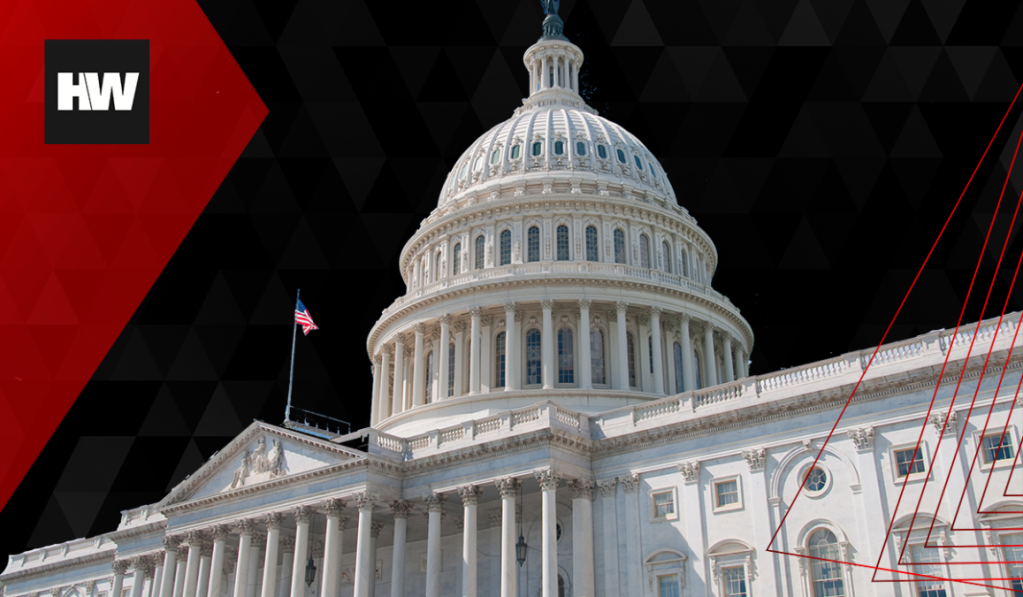Senate Republicans today blocked a committee vote on five nominees, including the re-nomination of Federal Reserve Chair Jerome Powell, Federal Reserve Gov. Lael Brainard’s nomination to be Vice Chair, and Federal Housing Finance Agency (FHFA) Acting Director Sandra Thompson, who Biden nominated to lead the agency on a permanent basis.
The Senate Banking committee’s vote on Powell, Brainard, Thompson, as well as Sarah Bloom Raskin to be vice chairman for supervision of the Federal Reserve, and Lisa Cook and Philip Jefferson to be members of the Federal Reserve, was scheduled for Tuesday afternoon. But without any member of the minority party to provide quorum, the votes cannot proceed.
In a statement ahead of the scheduled vote, Pennsylvania Sen. Patrick Toomey, the ranking Republican on the committee, raised questions about Raskin’s ties to Reserve Trust Company, a Colorado-based fintech startup that gained access to the Fed’s payment system in 2018. He accused her of evading questions from committee staff about her dealings with the company and turning in a “sloppy questionnaire.”
Toomey said that Raskin has not satisfactorily answered questions about whether she lobbied the Kansas City Fed on behalf of Reserve Trust, where she was a board member. Toomey also raised questions about $1.5 million Raskin received in 2020 by selling her Reserve Trust shares.
And because Raskin’s husband, Democratic Rep. Jamie Raskin of Maryland, did not timely disclose the shares Sarah Bloom Raskin received from Reserve Trust, he may have violated a federal conflict-of-interest law, Business Insider reported.
Most of the other nominees scheduled for consideration today have not met similar opposition from committee members. Indeed, staff for Toomey said that they would be willing to proceed with votes for all of the other nominees, and blamed Massachusetts Dem. Sen. Sherrod Brown, who chairs the committee, for moving forward with the vote while questions remained.
Nevertheless, the controversy swirling around Sarah Bloom Raskin derailed even the re-nomination of Powell, as well as the nomination of Thompson. Thompson, who has been leading the FHFA since June, is expected to receive bipartisan support from the committee, and has garnered broad support from both industry stakeholders and affordable housing advocates.
The partisan boycott also blocked the scheduled vote on Cook who, if she were confirmed, would be the first Black woman to serve on the Federal Reserve board.
In a statement, Lisa Rice, CEO of the National Fair Housing Alliance, called on the Senate Banking Committee to “immediately vote” on the nominees.
“The slate of nominees is one of the most qualified in the history of the Federal Reserve and FHFA,” Rise said. “They have the skills needed to ensure inflation is kept in check, the nation reaches maximum employment, and there is an inclusive recovery from the COVID-19 pandemic.”
She added: “Now is not the time to play politics with the fiscal health of our country.”
The NFHA was one of about 100 civil rights, housing, consumer, labor, financial and faith organizations who wrote to the Senate Banking committee in support of Cook’s nomination earlier this month.
In their Feb. 2 letter, the groups emphasized that her experience would help ensure that “underserved lending institutions, like community banks and minority-owned lending institutions, can fully participate in the economy.”





